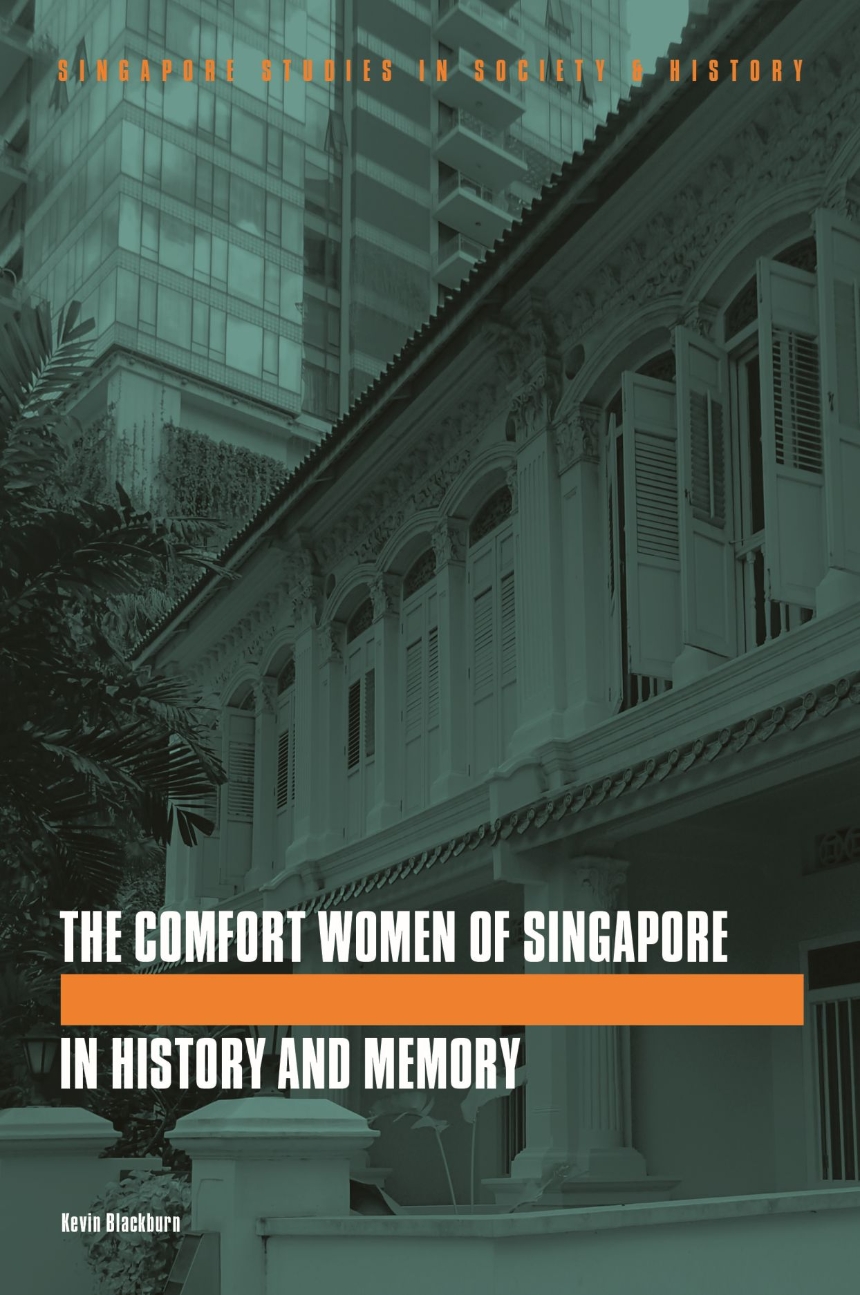National University of Singapore Press
The Comfort Women of Singapore in History and Memory
Distributed for National University of Singapore Press
The Comfort Women of Singapore in History and Memory
A balanced, sensitive study of the history of comfort women in Singapore during World War II.
“Comfort women” or ianfu is the euphemism used by the Japanese military for the women they compelled to do sex work in the Second World War, and has become the term generally used in English to discuss the subject. The role of comfort women in the Japanese empire during World War II remains an important and emotional topic around the world. Most scholarship concentrates on Korean comfort women, with less on their counterparts in Japan, China, and Taiwan, and even less on Southeast Asia. That gap persists despite widespread knowledge of the elaborate series of comfort stations, or comfort houses, that were organized by the Japanese administration across Singapore during the Occupation from 1942 to 1945. So why, the author asks, did no former comfort women from Singapore come forward and tell their stories when others across Asia began to do publicly in the 1990s?
To understand this silence, this book offers a detailed examination of the sex industry serving the Japanese military during the wartime occupation of Singapore: the comfort stations, managers, procuresses, girls, and women who either volunteered or were forced into service and in many cases sexual slavery. Kevin Blackburn then turns from history to the public presence of the comfort women in Singapore’s memory, including newspapers, novels, plays, television, and touristic heritage sites, showing how comfort women became known in Singapore during the 1990s and 2000s. Bringing great care, balance, and sensitivity to a difficult subject, Blackburn helps to fill an important gap in our understanding of this period.
256 pages | 9 maps | 6 x 9 | © 2022
Asian Studies: Southeast Asia and Australia
History: Military History
Reviews
Table of Contents
1. Lee Kuan Yew and Masculinist Memories of the Comfort Women
2. The Role of the Women of Singapore in the Sex Industry of the Japanese Military
3. Inside the Comfort Stations of Singapore
4. Korean and Indonesian Comfort Women in Singapore
5. The Comfort Women Returning to Live in Postwar Society
6. The Silence of the Local Comfort Women of Singapore
7. The Comfort Women of Singapore as ‘Dark Heritage’
Conclusion
Bibliography
Endnotes

